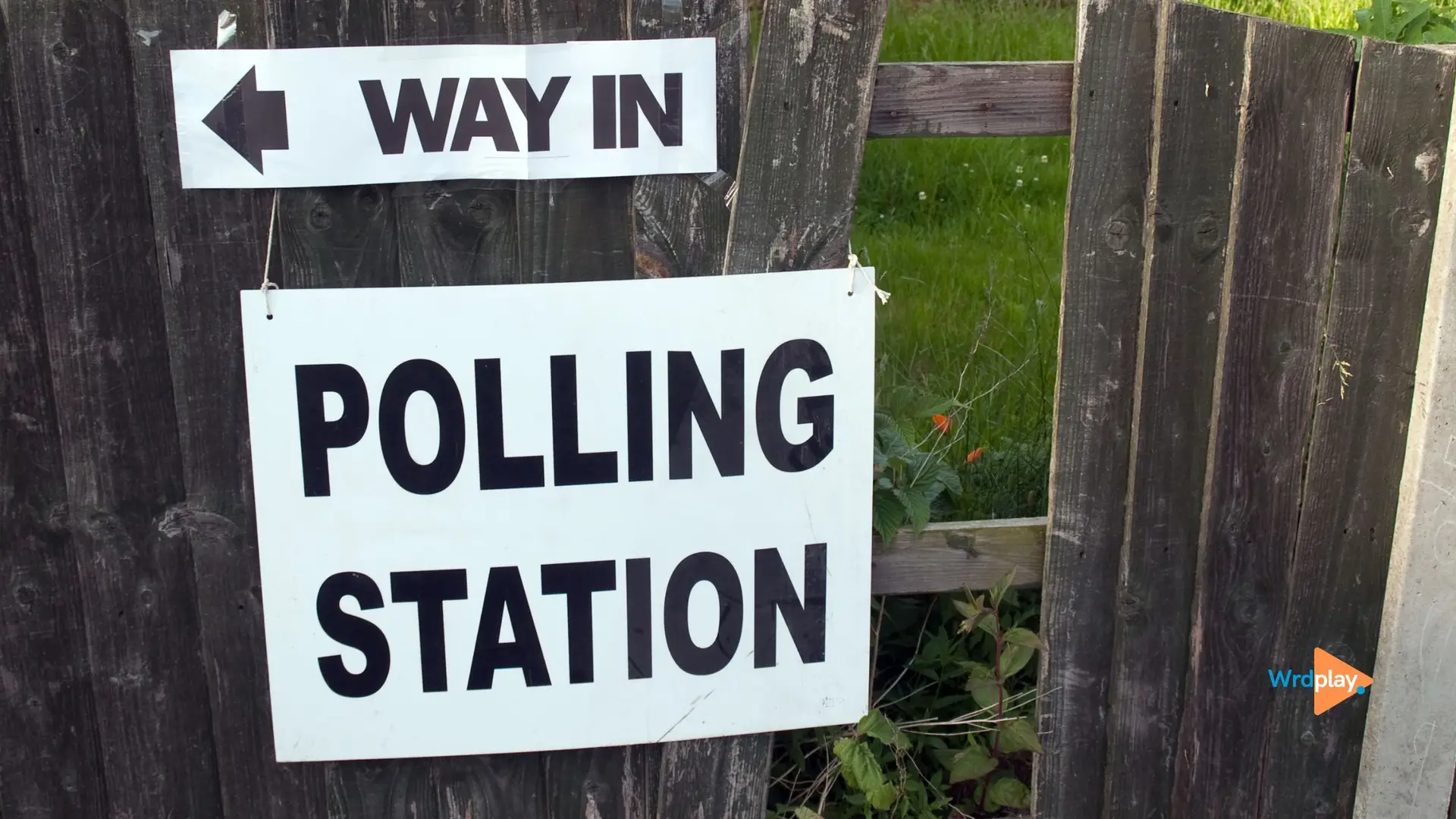The Amazon rainforest burns on at an unprecedented rate each year. The Arctic is melting. And the world is getting hotter every day.
Clearly, it seems we’re hurtling towards a climate disaster, and corporations need to take real action to help mitigate climate change. However, too often firms make ESG promises without following through.
This needs to change.
It’s time for firms to step up and keep their word on their ESG promises, rather than relying on PR efforts to keep up appearances and maintain a competitive advantage. Only then can we hope to make a dent in the global climate crisis.
Climate change? Sounds like a “you problem”
Climate scientists have warned heat extremes that would have happened once every ten years without human influence are now, on average, three times more frequent. This summer, parts of Europe, Asia, and the Middle East experienced record temperatures, peaking at 53.0°C in southern Iraq in late July. As a result, uncontained wildfires caused extensive loss of lives, livelihoods, and homes.
According to data from the European Union’s Joint Research Centre, wildfires have burned through an area more than double the size of Luxembourg (at least 600,731 hectares!) in EU countries so far this year. The significant impact of climate change on the economy, environment, and geopolitics can no longer be ignored.
The immediate damage to homes, crops, and wildlife paves the way for long-term consequences to public health and ecosystems. Every heatwave increases the risk of people being forced to evacuate their homes, leaving some homeless and seeking refuge in their wake. The UN’s Intergovernmental Panel on Climate Change (IPCC) warned that this problem is likely to get worse, as the world braces for a 1.5°C rise above pre-industrial levels within the next two decades.
What’s all this about greenwashing?
Despite the increased adoption of setting science-based carbon targets, and the fact that around two-thirds of the world’s emissions are now covered by net-zero pledges, much has been said about the vague (and sometimes misleading) communication from financial firms regarding these new initiatives.
In particular, the savvy public has cottoned onto the fact that many companies have set themselves ambitious sustainability goals, but in the distant future (2030 or later) and with no clear roadmap towards decarbonisation in the immediate years ahead.
How to avoid greenwashing your financial marketing
If your firm wants to avoid being accused of greenwashing, start by taking the following approach to your marketing and communications:
1. Share your data and metrics
When you provide your investors and/or consumers with reliable and consistent data on your firm’s ESG efforts against specific timelines, it allows them to gather the critical information they need to be able to make accurate comparisons and reduce their risk.
Backing up your pledges and policies with detailed metrics also helps cement your credibility with stakeholders and the general public.
2. Be transparent in your efforts
If your firm doesn’t already do so, consider producing holistic Corporate Social Responsibility (CSR) reports aligned with at least one of the leading sustainability reporting frameworks, such as the Global Reporting Initiative (GRI) standards, to show consumers, investors, and the public where your company stands in relation to social and environmental issues.
These will also provide your firm with opportunities to showcase which programs and initiatives you’ve undertaken and the results of these alongside your overall sustainability goals.
While these reports aren’t mandatory in many jurisdictions, including the US and Australia, the UK government is pushing towards requiring large firms to report on their environmental impact via the new Sustainability Disclosure Requirements (currently postponed until further notice).
3. Avoid stretching the truth
According to the results of a recent website sweep by the European Commission, over half of the “green” claims investigated online were found to not have been substantiated with accessible evidence to support said claims.
Regarding financial firms specifically, the Rainforest Action Network released their 2021 ‘Banking on Climate Chaos’ report calling out large banks such as Wells Fargo, HSBC, Goldman Sachs, Barclays, and Bank of China for being two-faced in their claims about sustainability and ESG, while also having significant involvement in projects that have detrimental effects on local communities and are major contributors to global warming.
Don’t be like this lot. Be transparent in communicating your firm’s short-term and long-term sustainability goals, and what you’re doing to make a difference to the current trajectory.
The bottom line
While many firms continue to work towards net-zero commitments, it’s vital that they make obvious, good faith efforts to be transparent about their sustainability activities and avoid unintentional greenwashing.
It’s time for firms to step up and keep their promises to stop causing harm to the environment. When firms make commitments on ESG, it sets a precedent for others to follow. But if firms can’t keep their promises, it erodes trust and makes it harder for others to take action.
As the person responsible for your brand communications, be steadfast in holding your firm accountable to doing better. The future of the planet depends on it.






